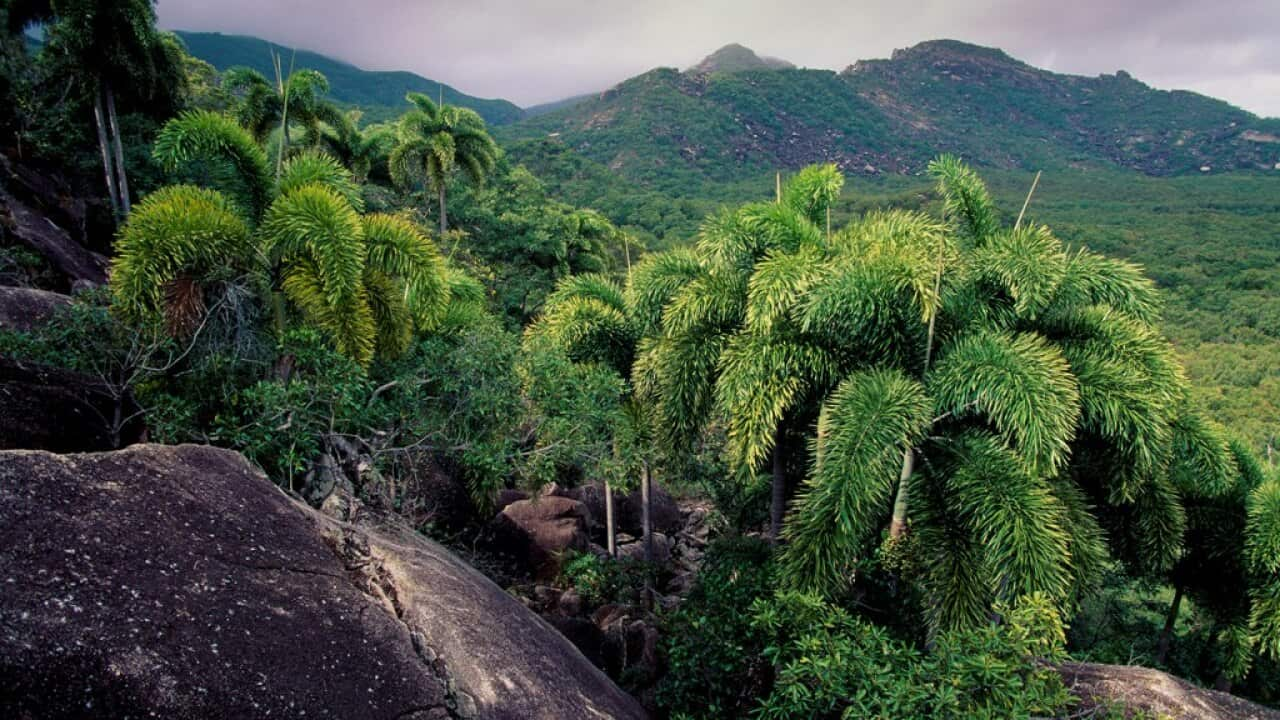In a solemn ceremony, the state museum of Hanover has returned the mortal remains of an Indigenous Australian woman, who died more than 100 years ago, to her descendants.
A German mine leaseholder had taken the deceased woman's body without permission and placed it in a coffin made of bark before returning to Germany.
In 1909, the man gave the body to the regional museum.
The return of their ancestors' mortal remains is of immense importance to the Aboriginal people, said Australian ambassador Lynette Wood on Tuesday in Hanover.
The woman's descendants had designed a cloth with handprints and messages for her return home to family members.
Earlier this year Bundjalung woman and anthropologist Robyn Bancroft told the ABC the return was culturally and historically important.
"We, as Aboriginal people of Australia, have a responsibility to bring Aboriginal ancestral and cultural remains home from overseas because in the future our children and grandchildren will be requesting this information and will be more actively involved on a global scale than what we are doing today," she said.
"I firmly believe in it and would like to see more and more returned home when they are found."
The remains of 52 indigenous Australians have already been returned from Germany. Ethnological museums and collections across the country are increasingly addressing their colonial legacy.
With DPA











